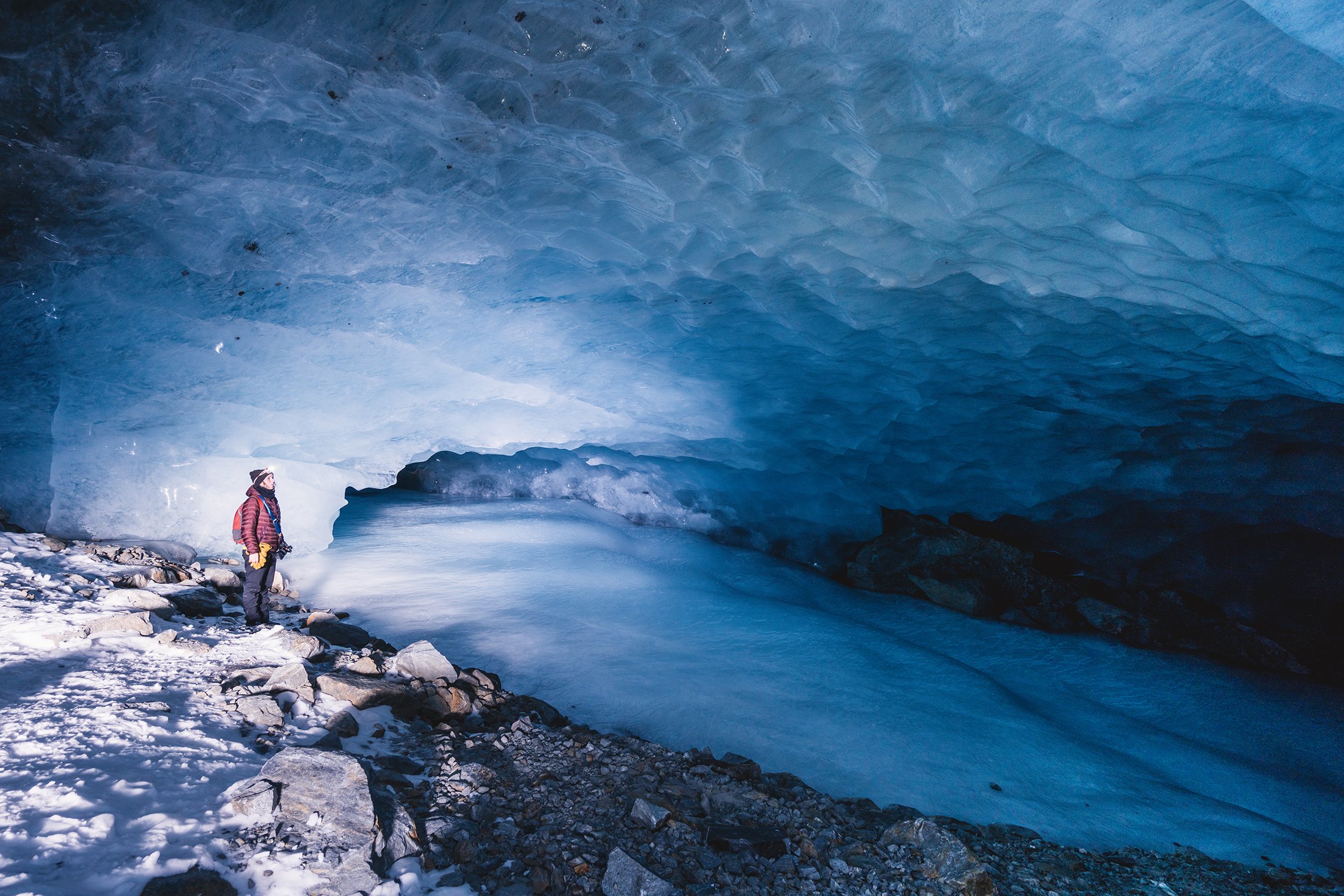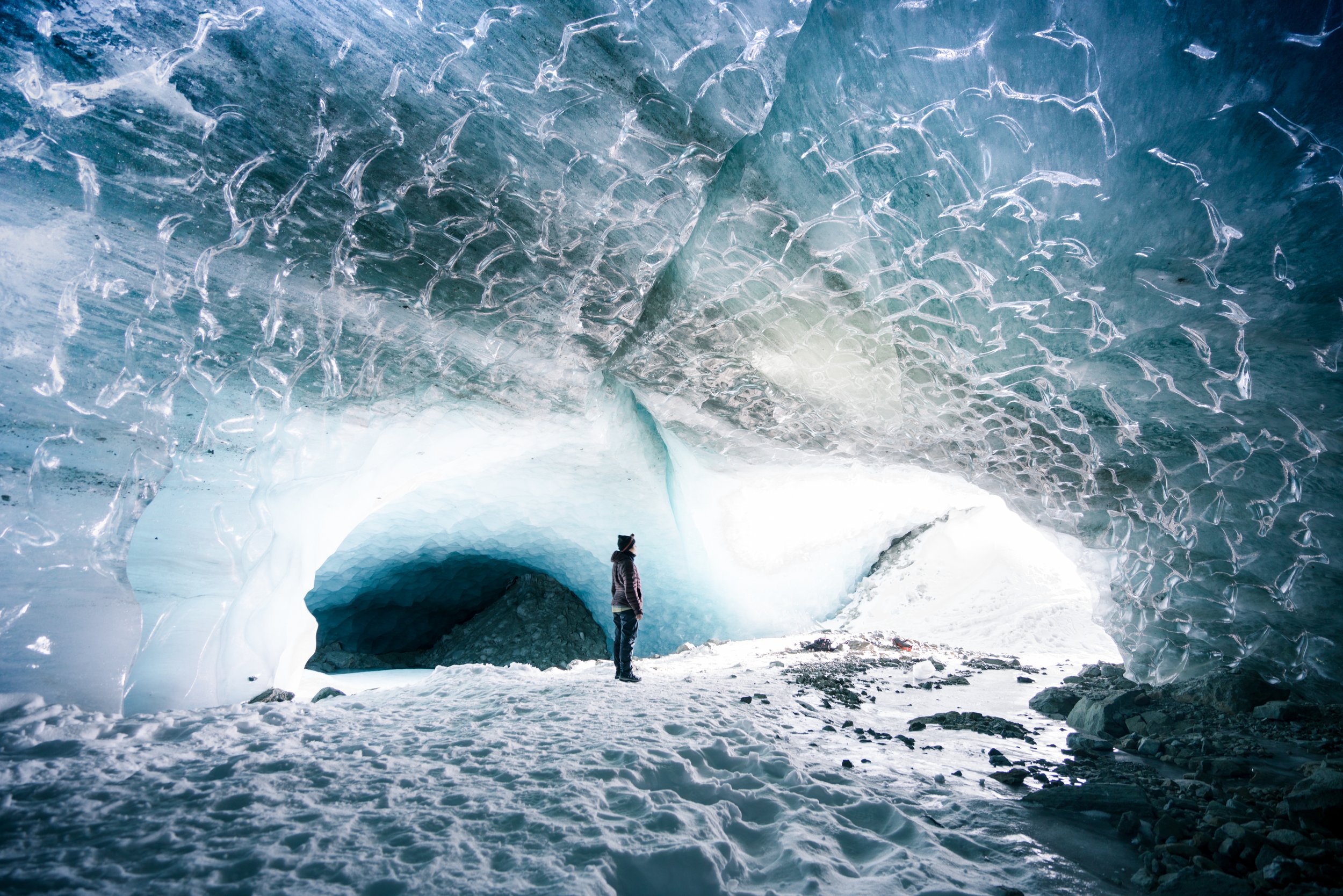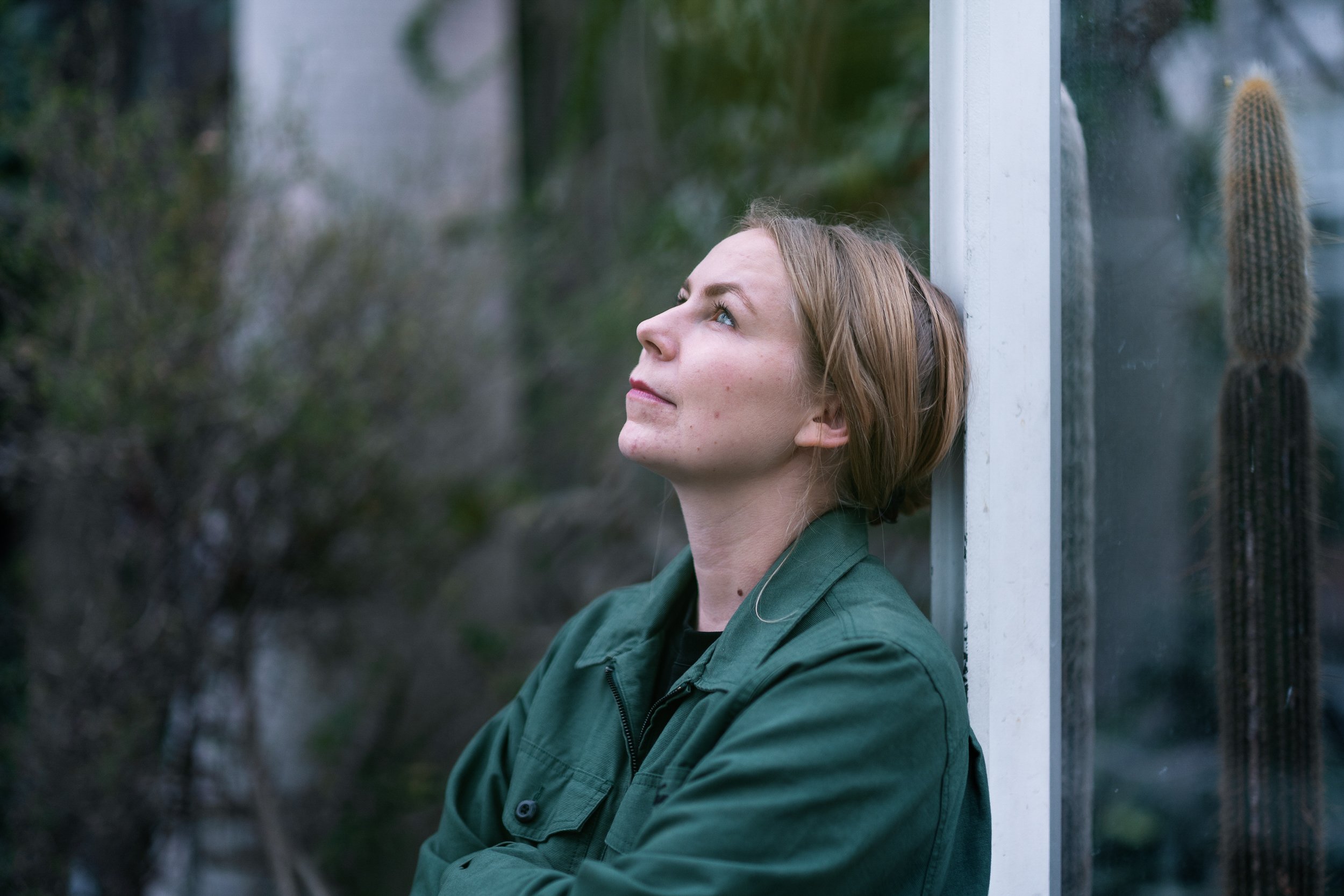
KARIN BISCHOF (she/her)
integrity - acting with honesty and honor without compromising the truth.
community - contributing to society and social responsibility
respect - be aware of the effects through the work I do towards nature & humans
grow - always listening, learning and evolving
My vision is a world where humans do anything in our power to help the planet thrive as a functioning ecosystem. I want to showcase the beauty of our endangered home in order to sound the alarm and steer into the direction where we are one with nature again.
Karin grew up in a small village in Switzerland surrounded by mountains. After training as a photographer, she roamed the world, living with different communities, drawn in by nature, camera by her side. For more than 5 years, Karin has freelanced covering everything from classical music, to art, NGO's and tourism. Personal projects such as "What Does It Mean To Be Tibetan," which was shown and awarded at the Tibet Film Festival in 2018, "Protect What You Love," which was exhibited in 2019 in Zürich, and her current project with traditional Tibetan musician "Sonam Tashi" have shaped her ontology. Today she specializes in environmental photography/filmmaking and is committed to land, water and conservation.
“I used to think we value our Earth home to the fullest. Now I see that we have been steering in the wrong direction, forgetting our connection to nature and losing our relationship to the beauty that is all around us. We are taking without giving.
Forests lost through wildfire, water lost to our greed, ice lost to the human kind.
I feel most at home - surrounded by trees, bees, birds and snowy mountains, and I wish for our future generations to experience this, too.”
ABOUT KARIN
ABOUT KARIN’S WORK
There is nothing I enjoy more than listening to my grandpa's stories.
It’s about birds and defying their species with your ears only and it’s about snowy winters and findings in the woods. That he still gets a gold-rush fever when he sees mushrooms or blueberries in the wild —because this is how they survived.
Growing up observing a glacier disappear with my own eyes is scary.
It is the same glacier my ancestors grew up with.
It is heartbreaking to see what they lost, what we lost.
As a kid it was dying slowly right in front of my eyes. Nothing I could do to stop it, I felt helpless.
The funeral of the Pizol glacier was in 2019.
It’s gone…gone forever, leaving 5 deep blue mountain lakes behind.
The Pizol Glacier was one of 1400 glaciers of Switzerland. To put it in perspective, the greatest glacier of Switzerland is estimated to be gone by the end of this century.
In order to document what’s left I traveled to the Aletsch, the greatest glacier of the swiss alps this summer, where you can see a lot of sceneries in the video you're about to watch.
The facettes of climate change are immense. I chose to start documenting the destruction in my homeland - Switzerland. The effects are happening worldwide. People close to the equator are particularly affected - everybody will feel the effects.
That’s why I dedicate my project to the future generation and to people fighting for our home.
I invite the audience to think about what planet we leave behind.
And to think about it in our day to day life, when do we choose profit/comfort over our responsibility for a thriving home. Our system is designed to wear out but it’s important that we as individuals create awareness in everything we do.






